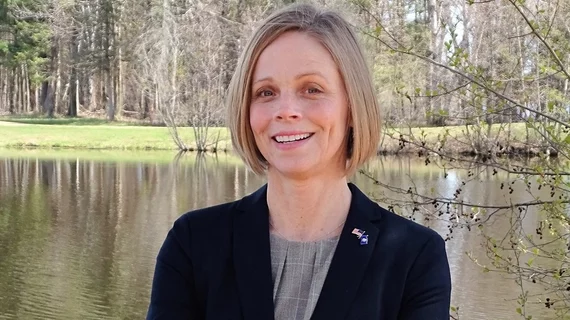Radiologist running for US Senate falling behind top candidates’ growing cash reserves
Radiologist Gillian Battino, MD, reported a “swell” in fundraising and donations to her campaign over this past quarter, but the Democratic candidate running for U.S. Senate is falling behind in the overall money race.
Battino raised $100,000 in this year’s second quarter, aided by a $70,000 loan from the candidate, the Milwaukee Journal Sentinel reported July 15. Her campaign had $34,000 in total funds before this recent contribution.
By comparison, Republican U.S. Sen. Ron Johnson raised a whopping $1.2 million in the second quarter, pushing his campaign’s funds up to nearly $3 million, as of a federal filing released Thursday. Johnson, however, isn’t sure if he will run for reelection next year.
Battino also trails heavyweight Democratic candidate Alex Lasry, who is on leave from his executive position within the Milwaukee Bucks basketball organization. Lasry had just over $1 million in the bank at the end of the quarter after spending more than $700,000.
The breast imaging specialist was labeled the “longest of long shots” in May after throwing her hat into the ring for next year’s U.S. Senate race in Wisconsin. During her run, Battino is still seeing a full schedule of patients at the Marshfield Medical Center, according to her campaign.
If elected, she would become the first female physician in the U.S. Senate.
Read the full story below.

